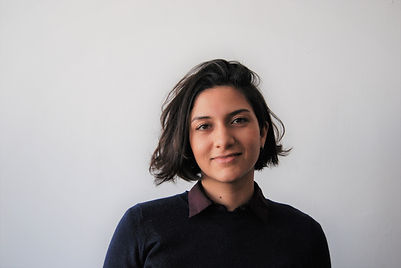
Research

Seeking Proxies for Internal States (SPIS): A Social-Cognitive Model of Obsessive-Compulsive Disorder
In the past decade, I have developed with my colleagues a theory of obsessive-compulsive disorder (OCD) that we termed the SPIS model, for Seeking Proxies for Internal States. The model postulates that OCD can be understood in terms of doubt about internal states (such as emotions, preferences, physiological states, feelings of satisfaction) and attenuation of access to these internal states. As a result of these difficulties, according to the SPIS model, obsessive-compulsive individuals seek and rely on proxies, which are relatively discernible substitutes for the internals states, such as objective indices, fixed rules, social norms and the opinion of others.
The Team

P.I Professor (Emeritus) Reuven Dar
Received his Ph.D. in clinical psychology from the University of Wisconsin-Madison in 1987 and completed his clinical internship and postdoctoral training at the Department of Psychiatry at the UW-Madison Medical School. He has been a member of the faculty of the School of Psychological Sciences at Tel Aviv University since 1988 and served as the head of the clinical graduate program for several terms. He is now Co-Editor-in-Chief of the Journal of Behavior Therapy and Experimental Psychiatry.


Noam Sarna, PhD student and Lab Manager
Clinical psychology trainee. Researching metacognition in OCD and exploring the integration of computational and clinical models.

Yasmeen Kandalaft, Clinical Psyhology MA student.
Alumni

Shahar Ruppin

Yair Wairauch

Amit Kanfer

Ofir Dahan

Ilil Tal

Hala Haj

Omer Asher

